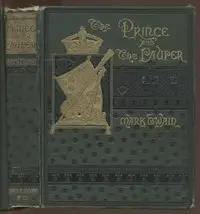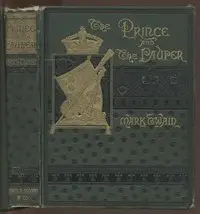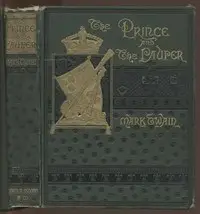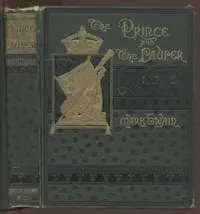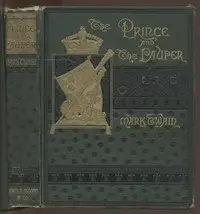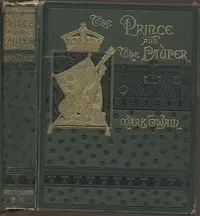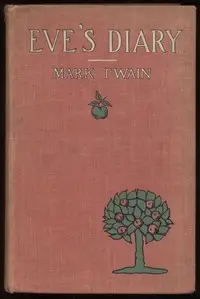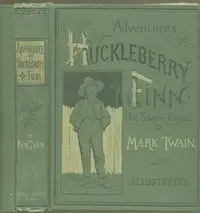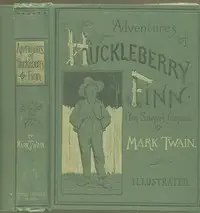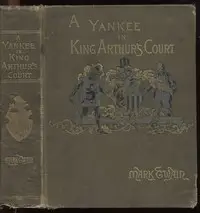"The Prince and the Pauper, Part 5" by Mark Twain is a story set in olden times that looks at the world of rich and poor through the eyes of two boys who swap lives. We follow Tom Canty, now acting as the king, as he learns to deal with royal life. He has to meet important people from other countries and attend formal dinners where everyone watches him closely. At first, he feels out of place, but as he gets used to being king, he starts to understand that the people in charge have a lot of power and must be kind to those who are in trouble. He feels sorry for people who are going to be punished and decides not to be so hard on them because of their grim situations. Tom wants to be done with playing king, but he also feels responsible for making things fair for others.
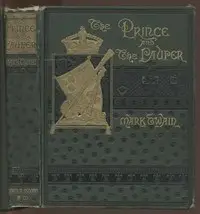
The Prince and the Pauper, Part 5.
By Mark Twain
Two boys from very different worlds discover the challenges of each other's lives when one, a pauper, unexpectedly finds himself sitting on England's throne.
Summary
About the AuthorSamuel Langhorne Clemens, known by the pen name Mark Twain, was an American writer, humorist, and essayist. He was praised as the "greatest humorist the United States has produced," with William Faulkner calling him "the father of American literature." Twain's novels include The Adventures of Tom Sawyer (1876) and its sequel, Adventures of Huckleberry Finn (1884), with the latter often called the "Great American Novel." He also wrote A Connecticut Yankee in King Arthur's Court (1889) and Pudd'nhead Wilson (1894) and cowrote The Gilded Age: A Tale of Today (1873) with Charles Dudley Warner.
Samuel Langhorne Clemens, known by the pen name Mark Twain, was an American writer, humorist, and essayist. He was praised as the "greatest humorist the United States has produced," with William Faulkner calling him "the father of American literature." Twain's novels include The Adventures of Tom Sawyer (1876) and its sequel, Adventures of Huckleberry Finn (1884), with the latter often called the "Great American Novel." He also wrote A Connecticut Yankee in King Arthur's Court (1889) and Pudd'nhead Wilson (1894) and cowrote The Gilded Age: A Tale of Today (1873) with Charles Dudley Warner.

